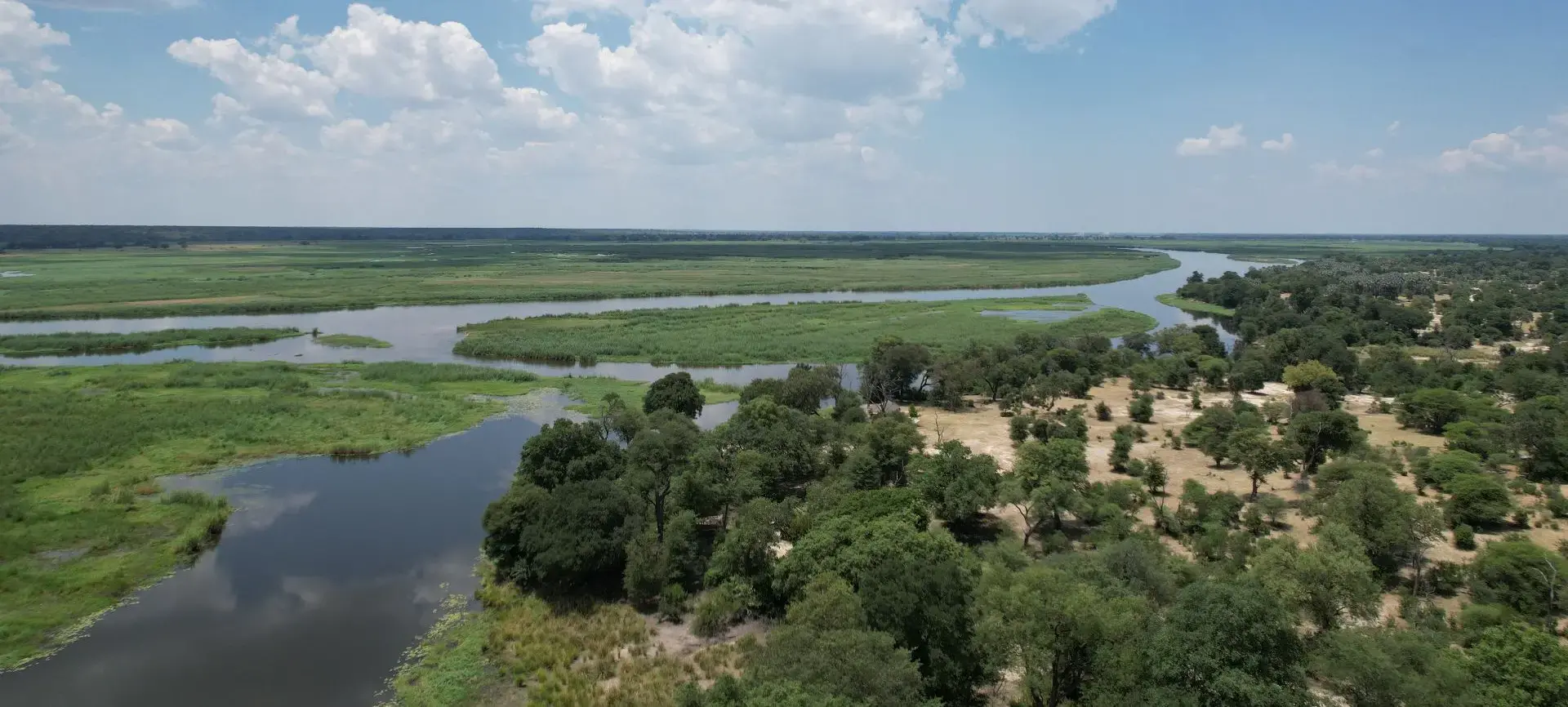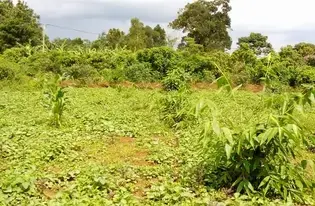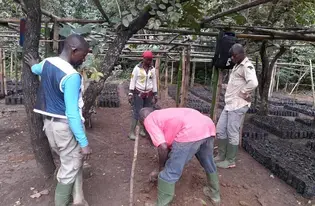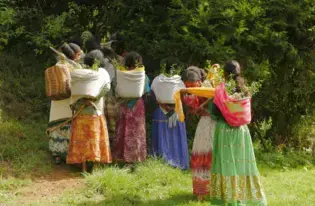The Ministry of Environment and Tourism in partnership with the Food and Agriculture Organization of the United Nations (FAO) and the Ministry of Agriculture, Water and Land Reform (MAWLR) is implementing the Drylands Sustainable Landscape Management - Integrated Project (DSL-IP) known as the “Integrated landscape management to reduce, reverse and avoid further degradation and support the sustainable use of natural resources in the Mopane-Miombo belt of Northern Namibia” project. The project is funded by the Global Environment Facility (GEF) under its 7th funding circle (i.e. GEF-7). Additional co-financing comes from the Namibian government and other partners.
This collaborative project focuses on avoiding, reducing, and reversing land degradation and deforestation through SFLM practices on farms and remaining forest patches. The DSL-IP utilizes an integrated landscape management approach, which considers the ecological, social, and economic aspects of land use. DSL-IP Namibia Child Project interventions are implemented in three (3) landscapes namely: Kunene-Cuvelai Sub-basin in Kunene, Omusati and Oshana Region; Etosha Sub-basin in Oshikoto Region and Okavango Sub-basin landscape in Kavango East Region. The SFLM practices will be supported by significant investments in training, capacity development and extension services through introduction of Farmers Field Schools, Agro-Pastoral Field Schools, Forest-Farm Facilities such as Community Seed Banks and to support Forest and Farm Produce Organizations (FFPOs).



